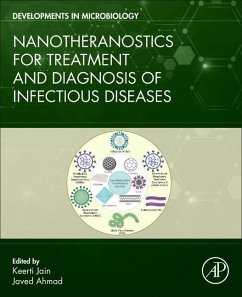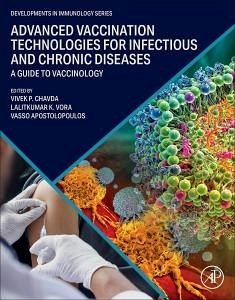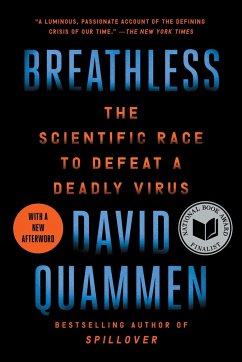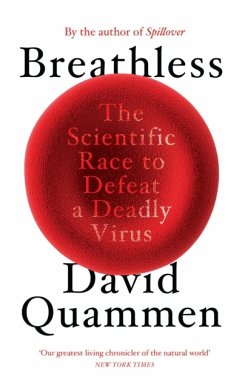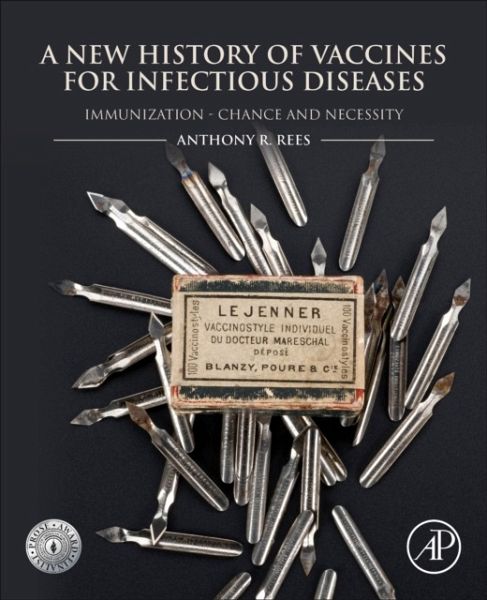
A New History of Vaccines for Infectious Diseases
Immunization Chance and Necessity

PAYBACK Punkte
52 °P sammeln!
A New History of Vaccines for Infectious Diseases: Immunization - Chance and Necessity covers the developments of vaccines and how they have obliterated many fatal diseases and infections over time. The book treads a neutral path but does not avoid discussion. As uncertainty in the outcome of vaccination can only be determined by experiment, the path to vaccine development has been scientifically complex because the immune system and the manner in which humans respond to infection is variable and complex. Finally, the book describes the risks and benefits of vaccines in a visibly objective m...
A New History of Vaccines for Infectious Diseases: Immunization - Chance and Necessity covers the developments of vaccines and how they have obliterated many fatal diseases and infections over time. The book treads a neutral path but does not avoid discussion. As uncertainty in the outcome of vaccination can only be determined by experiment, the path to vaccine development has been scientifically complex because the immune system and the manner in which humans respond to infection is variable and complex. Finally, the book describes the risks and benefits of vaccines in a visibly objective manner.




